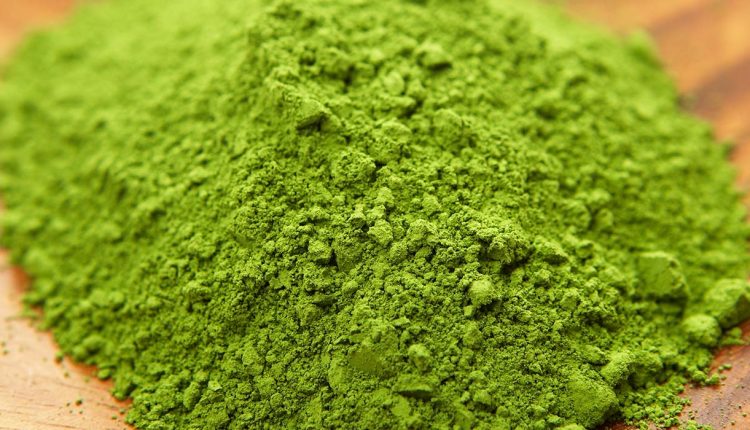
Benefits of Henna (Mehendi) in Light of Tib-e-Nabvi
Turns out it has countless benefits!
Henna, commonly known as Mehendi is renowned universally for its aesthetic properties – women use it to dye hair and beautify their hands and feet during wedding seasons. However, Mehendi has a plethora of health benefits as well and individuals all over the world use this herb as defense against various illnesses and predicaments. Tib-e-Nabvi has stressed its importance on numerous occasions. Not only did the Prophet vouch for its efficacy, but also termed its use reward worthy.
Tib -e- Nabvi and Henna
In Tirmidhi and Ibn -e- Majah, Salma Umme Rafay (Prophet’s maid) narrates, “Whenever Prophet Muhammad was blighted by a spike or wound, he would apply henna paste on it.”
Similarly, in Sunan Abu Dawood, Salma (wife of Abu Rafay) narrates, “Whenever someone complained to the Prophet about pain in the limbs, He recommended them to use Henna”.
Health Benefits
The foremost function of Henna is to relieve our body from high temperature. It soothes our senses and pacifies the nervous system and as mentioned above, it helps our body recover from cuts and wounds. Along with Aloe vera, henna is medically proven to treat mouth ulcers.
Hair fall is one of the biggest issues faced by this generation and applying henna strengthens hair roots and removes dandruff. Not only that, henna is also known to sharpen memory and enhance cognition. This is achieved by regulating blood circulation.
Well known for its cooling effect, applying it in summers makes you headstrong and alleviates heat. Oh, and if you suffer from migraine, using henna will take away the pain and help you focus. Last but not least, henna enjoys high reputation as a powerful detoxifier. Soaking its leaves in water and then consuming it will do wonders for the health of your spleen and liver.

